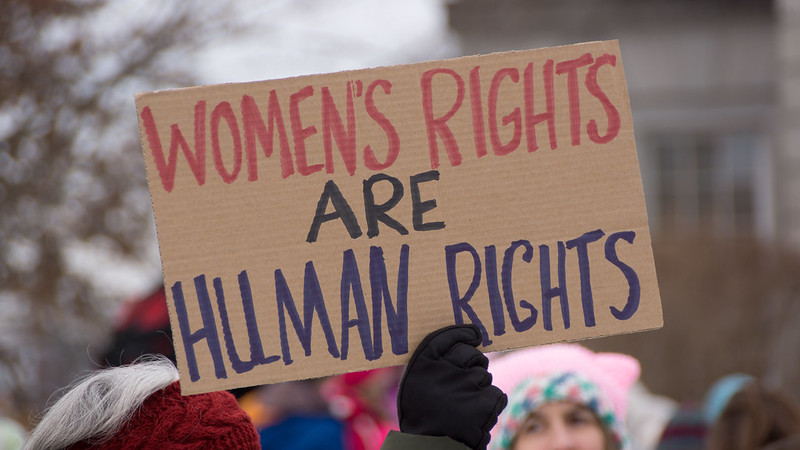The decision in the Supreme Court has once again increased barriers to fundamental health care for women across the country, affecting many Black, Latinx, and low-income women. Our access to sexual and reproductive health care is at risk. This narrowing of the Affordable Care Act will allow employers and insurers to stop covering contraceptives based on their own moral and religious objections.
Almost 2 million women in North Carolina currently have health insurance coverage for free birth control.
People rely on birth control for their health, for their livelihoods, and for their ability to determine their own futures. Nearly 9 in 10 women will use birth control in their lifetimes. (Planned Parenthood)
Sexual and reproductive health care have major impacts on women’s health and agency. (Excerpts from Planned Parenthood)
- Access to birth control is responsible for one-third of women’s wage gains relative to men’s since the 1960s. The ability to get the pill before age 21 has been found to be the most influential factor enabling women already in college to stay there.
- In a time of such economic turmoil for many, the ability to control if and when to have children is crucial for women’s financial security, advancement — and in a post-pandemic world — recovery.
- Restrictions like this target Black and Latinx people who are more likely to have low incomes and for whom basic health care has always remained out of reach, because of historic and continued underinvestment in access to affordable care.
I am hard at work fighting for women across Durham and North Carolina, and I won’t stand for men like Brett Kavanaugh telling me what to do with my body. We need to fight and take back our right to control our bodies and livelihoods.

